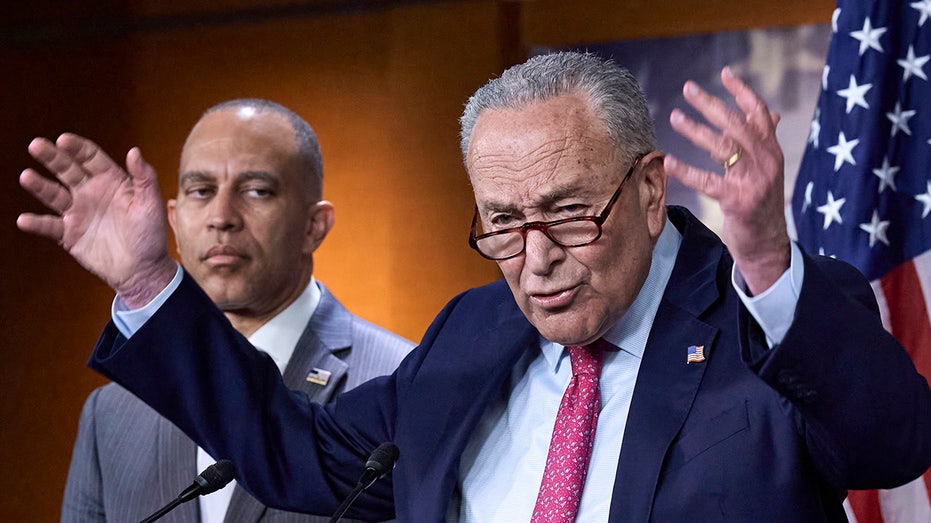A stunning rebuke erupted in a Texas courtroom Wednesday, as a federal judge unleashed a scathing dissent following a decision to strike down the state’s newly redrawn electoral map. Judge Jerry Smith, a Reagan appointee, didn’t merely disagree – he delivered a 104-page tirade filled with pointed accusations and blistering criticism of his colleagues.
The core of Smith’s fury centered on Judge Jeffrey Brown, a Trump appointee who authored the majority opinion. Smith repeatedly invoked Brown’s name, numbering the instances in a manner suggesting deliberate and relentless condemnation, accusing him of “pernicious judicial misbehavior.” He went so far as to suggest the opinion deserved an “F” if graded as a law school exam.
The dispute stems from the majority’s finding that the new map, which created five new Republican-leaning districts, was a product of unconstitutional racial gerrymandering. This decision temporarily blocks the state from using the map in the 2026 midterms, a significant blow to the state’s Republican leadership.
Smith’s dissent didn’t stop at legal arguments. He veered into politically charged territory, claiming the true beneficiaries of Brown’s decision were Democratic mega-donor George Soros and California Governor Gavin Newsom, while the “losers” were the people of Texas and the rule of law itself. This injection of partisan figures amplified the intensity of the conflict.
Adding to the unusual nature of the situation, the two judges in the majority issued their decision a day *before* Smith’s dissent was officially filed. Smith interpreted this as a deliberate attempt to avoid scrutiny, questioning what his colleagues were “afraid of” and declaring any “pretense of judicial restraint” was gone.
The majority opinion, joined by Judge David Guaderrama, an Obama appointee, had begun with a quote from Chief Justice John Roberts emphasizing the importance of colorblindness in electoral practices. However, the judges found “substantial evidence” that Texas had intentionally used race as a factor in drawing the new district lines.
The court’s findings highlighted a directive from the Department of Justice Civil Rights Division, warning Texas to address districts with non-White majorities. The majority opinion argued this was a race-based directive, as it ignored other Democrat-leaning districts with White majorities. Governor Abbott’s subsequent rush to redistricting, even prompting a dramatic walkout by Democratic lawmakers, further fueled the court’s concerns.
With Governor Abbott already appealing to the Supreme Court, the case has rapidly escalated into a pivotal election issue. The high court is already considering a related Voting Rights Act case from Louisiana, and a swift decision is now crucial, as Texas candidates must declare their intentions by December 8th. The outcome could dramatically reshape the political landscape of the state.





